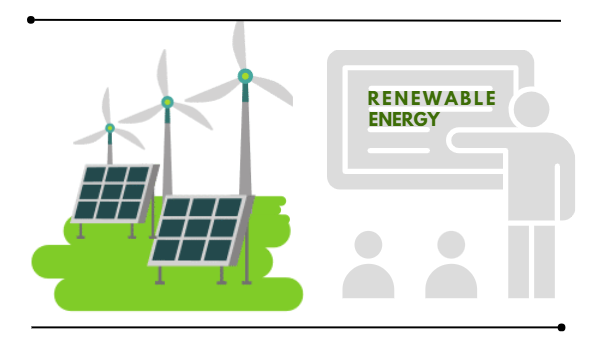DEMISITIFYING THE NEW ENERGIES OF THE XXI CENTURY: A THEME UTILIZING ACTIVE METHODOLOGY IN TEACHING CHEMISTRY
DOI:
https://doi.org/10.36524/ric.v10i2.2468Keywords:
Energies, Renewable, Chemistry, Teaching, Peer-Instruction, PlickersAbstract
Considering that the study of energies over time has been an increasingly growing subject due to the need for energy source options around the world, this work focuses on approaching the topic in order to promote a demystification of the concepts related to renewable energy, clean energy and sustainable energy within chemistry teaching, in addition to promoting interest in an area so relevantly necessary to society. The teaching of this theme is permeated by science teaching and, validated by Chassot (2016, p. 63), it is not something ready-made, that is, it is in constant transformation and changes and it is through errors that the construction of new knowledge is possible and it is up to her to explain and transform the world through accessible language. Given this reality, the present work developed, applied and evaluated the use of the active Peer Instruction (PI) methodology in teaching Energy: Renewable, Sustainable and Clean, in the Chemistry discipline. This methodology aims to work by pairs of students, promoting activities in which there is stimulation of the application of concepts discussed in real time, while explaining to their peers and at the same time promoting discussion, generating the socio-cognitive conflict that is caused by the enhancing these interactions. To validate this methodology, the research was carried out using the Plickers tool, which presents the possibility of applying questionnaires without the need for students to use the internet and in real time quantitatively expresses hits and errors in questionnaire responses, enabling a more precise look at the student facing the difficulties encountered in preparing these answers.

Downloads
Published
Issue
Section
License
Copyright (c) 2024 Revista Ifes Ciência

This work is licensed under a Creative Commons Attribution-NonCommercial-NoDerivatives 4.0 International License.
Autores que publicam nesta revista concordam com os seguintes termos:
- Autores mantém os direitos autorais e concedem à revista o direito de primeira publicação, com o trabalho simultaneamente licenciado sob a Licença Creative Commons Attribution que permite o compartilhamento do trabalho com reconhecimento da autoria e publicação inicial nesta revista.
b. Autores têm permissão e são estimulados a publicar e distribuir seu trabalho online (ex.: em repositórios institucionais ou na sua página pessoal) a qualquer ponto antes ou durante o processo editorial, já que isso pode gerar alterações produtivas, bem como aumentar o impacto e a citação do trabalho publicado (Veja O Efeito do Acesso Livre).


